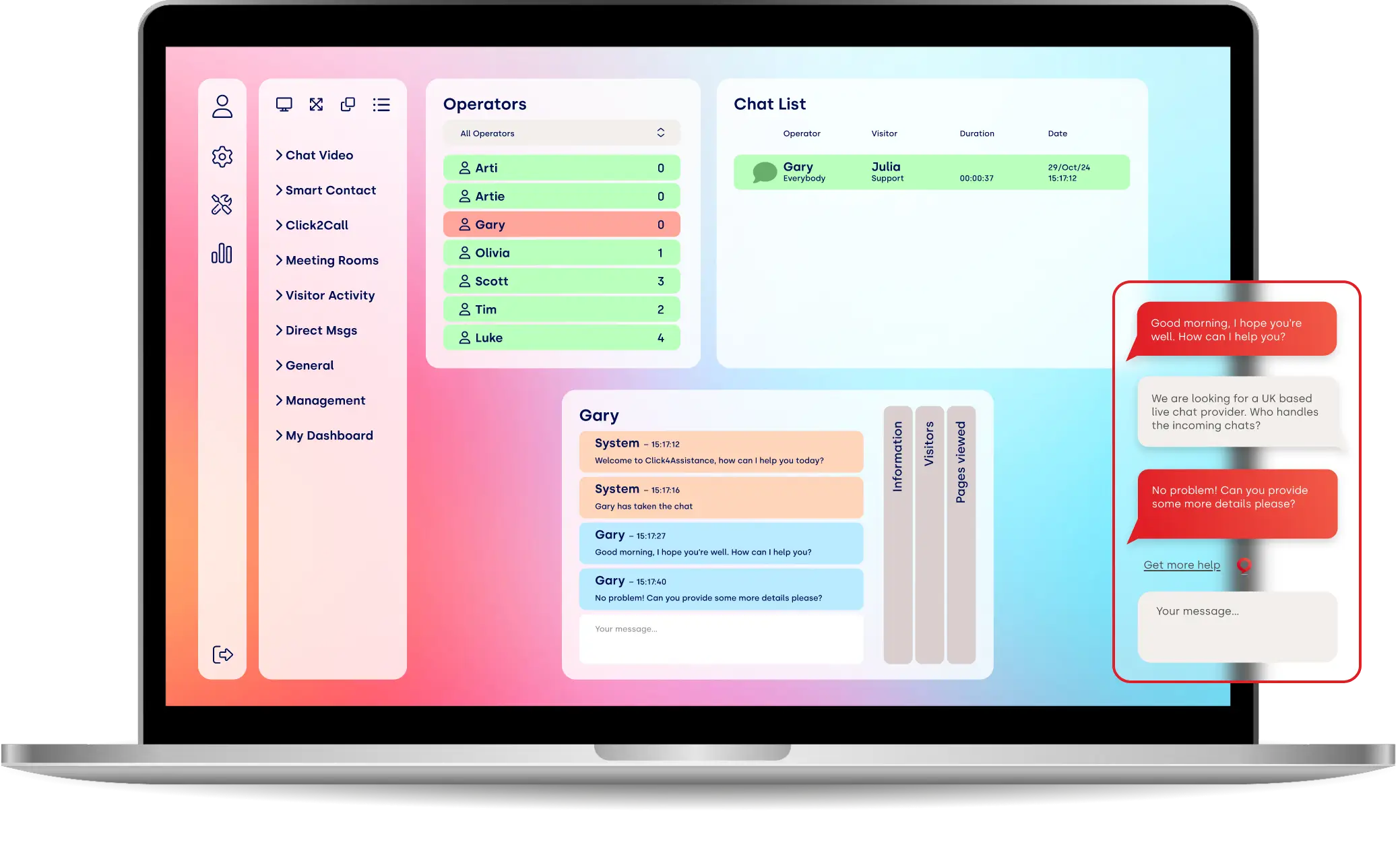Jobs will be more automated, says new AI adviser

UK government advisor and task force head Ian Hogarth believes the UK will see a wave of job automation as AI transforms the economy.
Until recently, every technology created required human direction. The industrial loom did the work of a thousand weavers in the 19th century, but it couldn’t create its own clothing brand or design its own construction.
However, the technology behind artificial intelligence is different. It is able to direct its actions and perform a wide array of human tasks, leading to fears of a job apocalypse in the near future. Live chat software for website owners is already advancing to the point where it is hard to distinguish it from humans, showcasing breathtaking cognitive skills.
This view is currently being espoused by Ian Hogarth, a leading voice in the government’s AI taskforce, charged with better understanding the impact of the technology on British society. It is inevitable, Hogarth says, that jobs will disappear, and it is unclear whether entrepreneurs will create new ones at a sufficiently rapid rate to maintain full employment.
According to Hogarth, there will be winners and losers, and the entire planet must rethink how it lives and works. Technology is forcing conversations that seemed impossible ten years ago, such as how humans will find fulfilment, satisfaction and identity in a world without work.
Already some firms are laying off staff in the wake of the profound power of AI. Meta and Google have announced hiring freezes, and BT says it will shed 10,000 staff by 2030 thanks to AI-related technological innovations.
With that said, some commentators are more optimistic and believe artificial intelligence will lead to the creation of more jobs. Goldman Sachs points out that 60 per cent of the jobs people do today didn’t exist in 1940. If history is any guide, we should expect a new wave of opportunities.
Hogarth, though, remains unconvinced. His view is that AI could pose significant harm in the job market and elsewhere. He worries about the potential for artificially-intelligent systems to manipulate law enforcement or undermine the criminal justice system. He also says there is a risk of malicious computer code leading to an explosion in cybercrime. AI’s potential to become an existential threat – something that could wipe out humanity – should not be ignored either, he cautions.
At the same time, the top echelons of the British government now view AI as a source of UK competitive advantage in the global economy. Britain currently ranks fourth for AI startups and penetration on the world stage, just behind Singapore. As such, Prime Minister Rishi Sunak wants to make AI a top priority for UK economic development and, according to personal reports, “is obsessed with it.” Others are benefiting indirectly. “Chat software for my website is improving all the time,” said one business owner.
Unemployment, though, may become a bigger issue for the incumbent British leader. In 2013, the University of Oxford researchers estimated that 45 per cent of occupations would fall prey to automation over the coming 20 years. At the time, the team did not predict the emergence of large language models (LLMs) or systems with “sparks of [Artificial General Intelligence],” as a recent Microsoft paper put it. As such, the real level of job automation over the next decade could ultimately be far more extensive than they imagine.

























